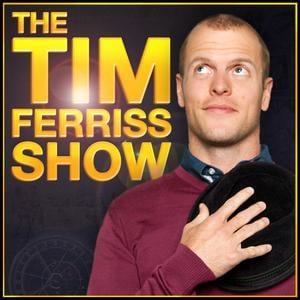
In this episode of “The Peter Attia Drive” podcast, Peter Attia welcomes Rhonda Patrick, Ph.D., to discuss various topics related to Alzheimer’s disease, exercise, nutrition, and fasting. The podcast aims to translate the science of longevity into accessible information for everyone.
Rhonda Patrick and Peter Attia delve into the possibility of a vascular hypothesis for Alzheimer’s disease, highlighting the impact of factors such as type 2 diabetes, omega supplementation, blood pressure, exercise, and sauna. They emphasize the importance of understanding the underlying cause of Alzheimer’s disease, particularly the breakdown of the blood-brain barrier and its consequences, including neuro-inflammation, disrupted nutrient transport, and decreased blood flow to the brain.
The discussion expands to the relationship between exercise and cancer, with insights on the impact of alcohol and protein intake. The importance of exercise in reducing the risk of Alzheimer’s disease is emphasized, with vigorous intensity exercise recommended for maximum benefits. Exercise also plays a role in reducing the risk of certain cancers, such as breast and colorectal cancer, through various mechanisms, including improving insulin sensitivity and weight loss.
Rhonda Patrick and Peter Attia share their evolving views on fasting and time-restricted feeding, highlighting the benefits of prevention trials for Alzheimer’s disease and the safety and effectiveness of high-dose omega-3 supplementation. They emphasize the need for a comprehensive approach to improve Alzheimer’s disease and highlight the importance of prevention as the best strategy, considering the complexity of the disease and the involvement of multiple factors.
This episode of “The Peter Attia Drive” podcast provides valuable insights into Alzheimer’s disease, exercise, nutrition, and fasting. The discussion highlights the importance of understanding the vascular hypothesis for Alzheimer’s disease, the impact of exercise on reducing the risk of Alzheimer’s disease and cancer, and the evolving perspectives on fasting and time-restricted feeding. Prevention is emphasized as the best strategy for Alzheimer’s disease, and a comprehensive approach is necessary for its improvement.